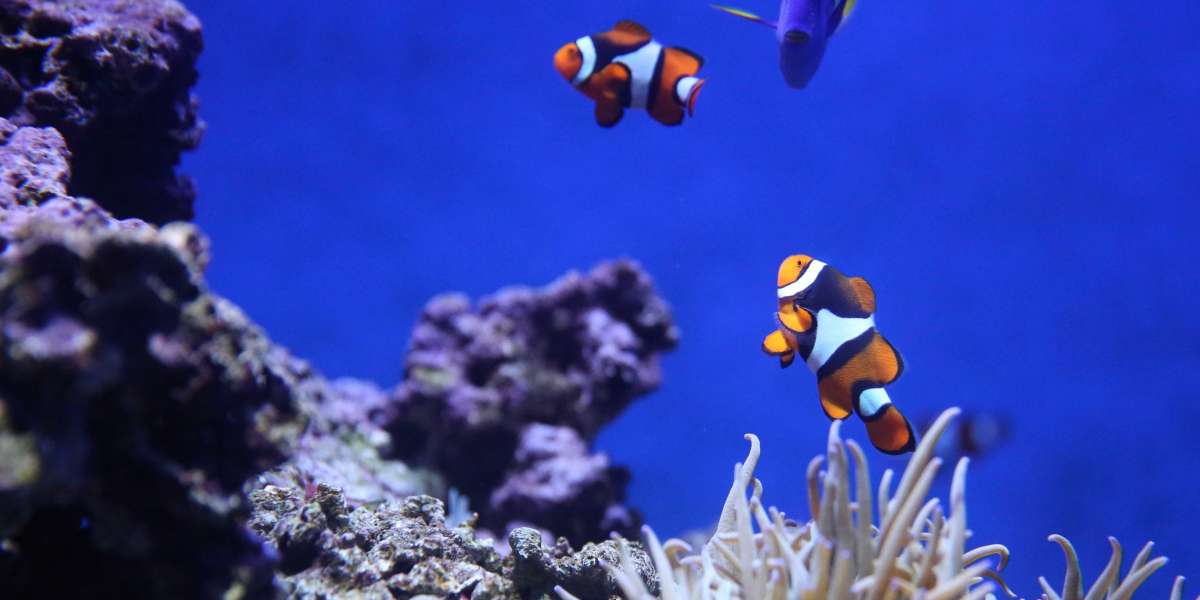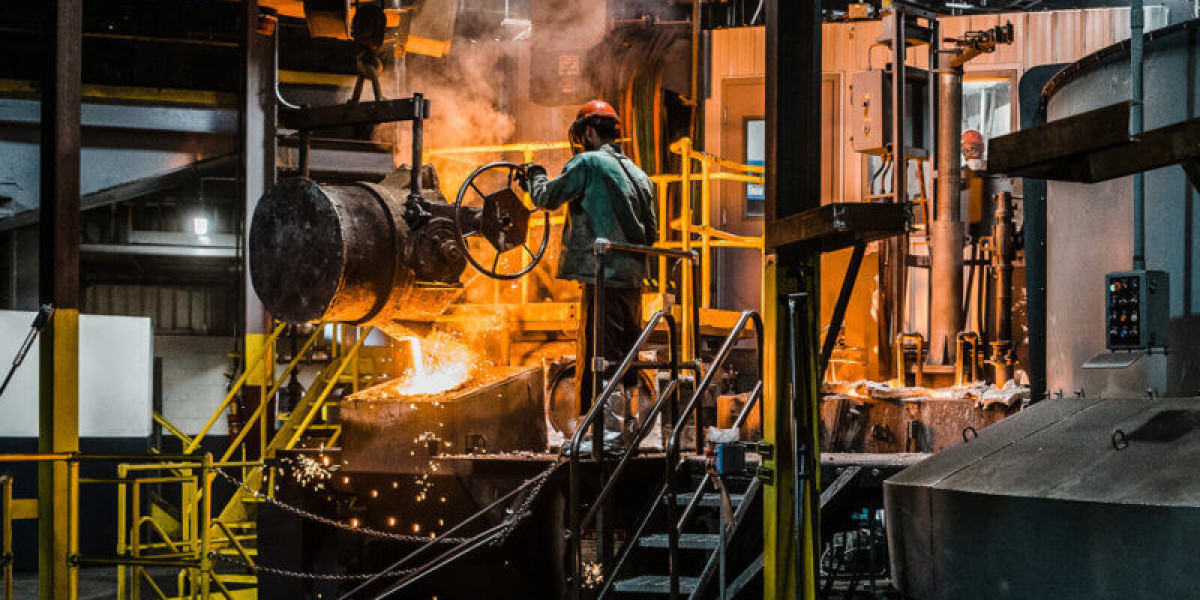The Great Barrier Reef is one of the many natural wonders of the world. It is located off the coast of Australia's Queensland and is the world's largest coral reef system. The Great Barrier Reef contains the world’s largest collection of coral reefs, with 400 types of coral, 1,500 species of fish and much more. This ecosystem was inscribed as World Heritage in 1981. Today, it is one of Australia's most visited tourist landmarks. with over two million tourists visiting it each year and is a fantastic holiday destination.
The Great Barrier Reef (GBR) is one of the richest natural ecosystems on earth, and one of the most significant ecosystems for biodiversity conservation. It supports tens of thousands of marine and terrestrial species.
Here are some fun and interesting facts about the Great Barrier Reef:
- It is the largest coral reef system on earth: It is home to more than 1,500 species of fish, one-third of the world's soft corals, 411 types of hard coral, about 134 species of sharks and rays, six of the world's seven species of threatened marine turtles and a lot more. This coral reef system is so incredible that it can even be viewed from space.
- The corals are thousands of years old: Some corals found in the Great Barrier Reef are almost 20 million years old!
- The Great Barrier Reef stretches a distance of about 2,300km and consists of thousands of reefs and hundreds of islands. It is so incredible that up to 10% of the world's total fish species lives there. It is so vast that the country of Italy can be fitted there, you could imagine 70 million football fields fitting in there. It is roughly half the size of Texas.
- The Great Barrier Reef is home to about 215 species of birds, about seventeen species of sea snake and about 1,500 species of fish. It also contains 134 sharks and rays, saltwater crocodiles, 10,000 dugongs and 30 species of whales and dolphins.
- The Great Barrier Reef consists of living coral growing on dead coral since about twenty million years.
- The best time to visit this incredible destination in in the winter as the summer season is the stinger season and is best to be avoided.
- Climate change is the biggest threat to this coral ecosystem. The sea surface temperatures have risen by about 0.4–0.5 °C since the late 19th century due to human-induced climate change, this has posed a great threat to the future of this natural ecosystem. Strong actions must be taken fast to decrease global greenhouse gas emissions and hence reduce the risks and limit the irreversible impacts of climate change on the Great Barrier Reef.
- The corals spawn once a year. The process of coral reproduction r=takes place often after a full moon once a year. This event can leave deposits in the surface of the water which is even visible from space!
- It is the place on earth where two UNESCO World Heritage Sites meet! These sites are - The Great Barrier Reef and the Wet Tropics (the oldest rainforest in the world).
- If you want to contribute towards this wonderful site, you can volunteer here and also enhance your knowledge about various aspects such as the mammals it houses, coral health etc.
- It is one of the most popular diving sites in the world.
- You could sight Nemo here! Nemo, the clownfish from the Disney movies Finding Nemo and Finding Dory would be easy to spot as it is one of the 30 species of clownfish that inhabits the Great Barrier Reef.
- The Great Barrier Reef is made up of about 900 islands.
- The Whitehaven Beach which is one of the most beautiful beaches in the world can be found here.
- The reef is said to be about half a million years old! Due to the rise in the sea levels around 20,000 years ago, the corals grew higher and formed the reefs we see today.
- The Great Barrier Reef can be explored on Google Street View. You could experience virtual dives and maybe even spot a few clownfish!
- There have been multiple severe tropical cyclones since 2005 that have caused a great decline in the health of the Great Barrier Reef.








